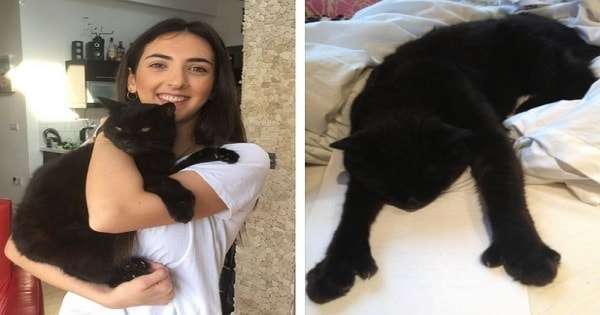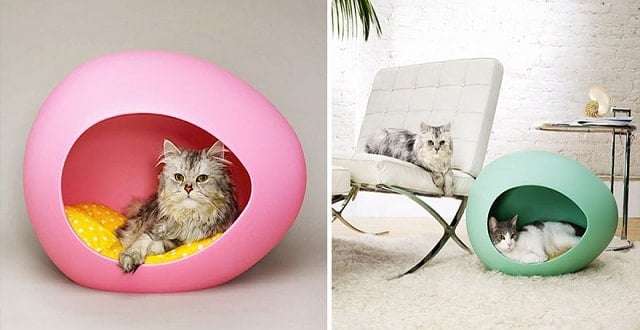The coronavirus has now infected more than 140,000 people around the world and it has killed more than 4,000 people. However, it’s not only humans that have been impacted by the spread of the pandemic.
Many pets in Wuhan, which is the Chinese city and also the epicenter of the coronavirus outbreak, have died or are at high risk of dying after residents left their their homes in the wake of the lockdown, animal advocates have explained.
“We know that many dogs and cats have been left behind in apartments in Wuhan, in particular, when residents were evacuated, but also in other areas such as Beijing, Dalian, Xi’an,” Wendy Higgins, director of international media at Humane Society International, explained to CNN.
“Estimates are impossible, but we do know that in Wuhan, for example, animal activists have assisted with animals in upwards of 1,000 apartments. So, the numbers nationwide will be significant.”
No water and food
The primary risk most animals are now facing is an obvious one: starvation.
Residents who were told to leave all of their pets behind tried to leave enough food and water to last them for a few days, at the time, thinking they would be able to return soon, some animal advocates told CNN.
However, just about ne month after they evacuated, many residents have not returned home.
Vshine Animal Protection Association, which is a China-based animal welfare and environmental organization which partners with Humane Society International, now estimates that the number of dogs and cats that have been tragically behind in apartments in Hubei cities are currently in the tens of thousands.
“Things can get worse if the epidemic remains uncontrolled,” Deng Fang, chief of staff for Vshine Animal Protection Association, said to CNN.
Many worried residents have been contacting organizations like Vshine asking employees to check in on their pets. Vshine has received in upwards of 400 calls for help in the city of Dailan alone, and they have actually helped save at least 380 dogs and cats that were all left behind, Fang said.
The unfounded fears that pets can spread the virus
In late February, Hong Kong’s Agriculture, Fisheries and Conservation Department (AFCD) went on to explain that samples from a dog’s nasal and oral cavities had actually tested “weak positive” for novel coronavirus.
The truth is, pet owners don’t need to panic, as CNN reported last week. Pets may catch other known coronaviruses, and while the infections may become severe neither of them has been shown to spread to humans.
“At present, the AFCD does not have evidence that pet animals can be infected with COVID-19 virus or can be a source of infection to people,” the AFCD noted in a statement.
Hong Kong SPCA Society for the Prevention of Cruelty to Animals (SPCA) has issued a very similar reminder.
“Members of the public are advised to differentiate that ‘being infected’ does not equal being infectious and capable of spreading the Covid-19 virus,” SPCA commented in a Facebook post.
It is these fears that have caused incidents of violence toward animals in China, Fang and Higgins went on to explain, and a local government officials have actually posted notices warning pet owners to keep animals indoors.
In a notice that Fang shared with CNN, a group that listed its name as the Urban Construction Administration stated it would start to kill cats and dogs that were outside of homes in order to prevent the transmission of the coronavirus disease.
She also went on to share a note from city officials in Hongjiang, in Hunan province, which clearly states that pets in public areas or unattended animals would ultimately be killed without exception.
In another county in Zhejiang, which is a province with the most infections after Hubei, authorities warned that dogs found in public would be exterminated - that is according to Reuters.
Some people have even went out and bought tiny masks for their pets, the wire service said.
“I’m worried about my dog being hated by the neighbourhood,” Beijinger Wang Fengyun stated, adding that while he hasn’t found any animal-grade facial protection, he made one himself with a paper cup.





